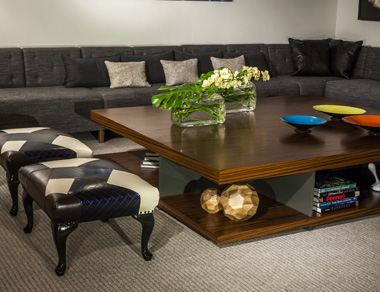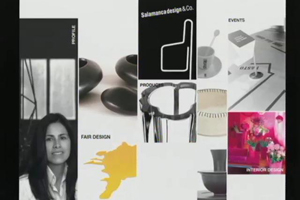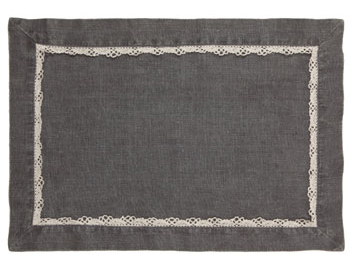INTERIOR DESIGN & ARCHITECTURE

A starry-skied perfumery inside a 17th century building. A restoration and interior design project by Giorgio Zaetta in the historic centre of Feltre (North Italy)
INTERIOR DESIGN & ARCHITECTURE

dash design completes J House in Greenwich, CT: Region’s premier boutique resort and dining destination reflects modern Greenwich living with a retro twist.
INTERIOR DESIGN & ARCHITECTURE

A starry-skied perfumery inside a 17th century building. A restoration and interior design project by Giorgio Zaetta in the historic centre of Feltre (North Italy)
INTERIOR DESIGN & ARCHITECTURE

AMATE: Design Connecting Two Continents
Lucy Salamanca presented her new home collection at TENT LONDON
INTERIOR DESIGN & ARCHITECTURE

LASVIT, the visionary Czech Republic glass manufacturer, presents Homune, its premiere collaboration with renowned British designer Michael Young. Homune, a functional table compounded of a hand-blown, amber color glass base and a hand-blown table top from clear crystal, is exhibited at Design September in Brussels, September 25 – 30, 2012.
INTERIOR DESIGN & ARCHITECTURE

Placemats are made from several materials, like paper, plastic, fabric, bamboo, leather, etc.
Page 10 of 11